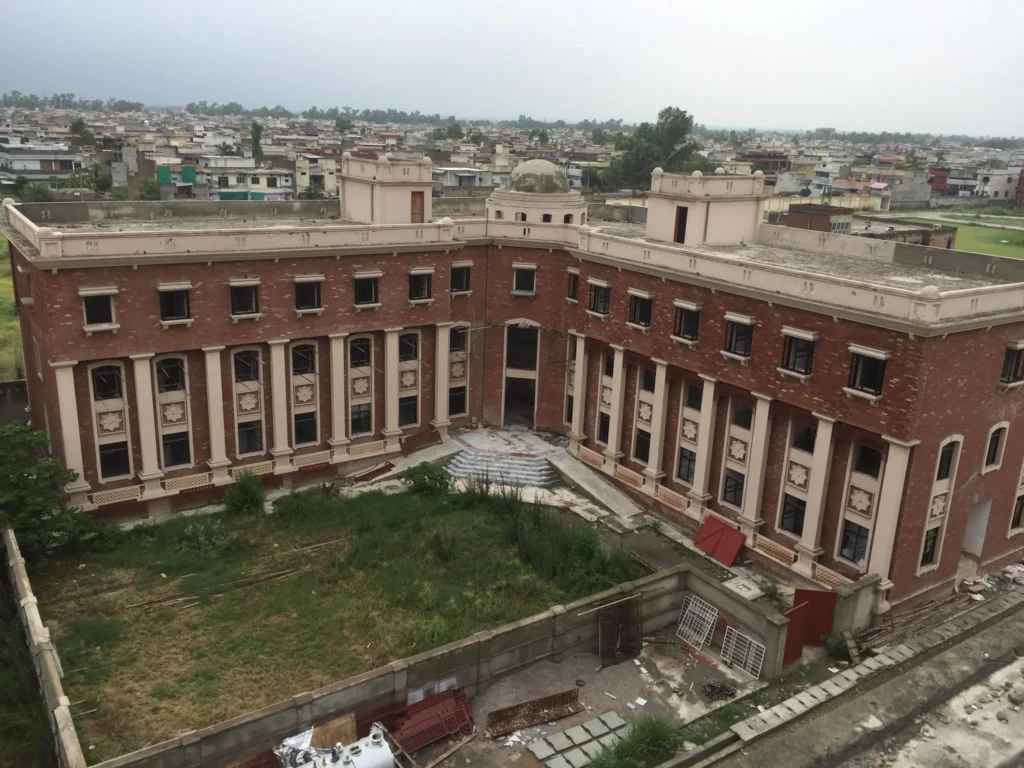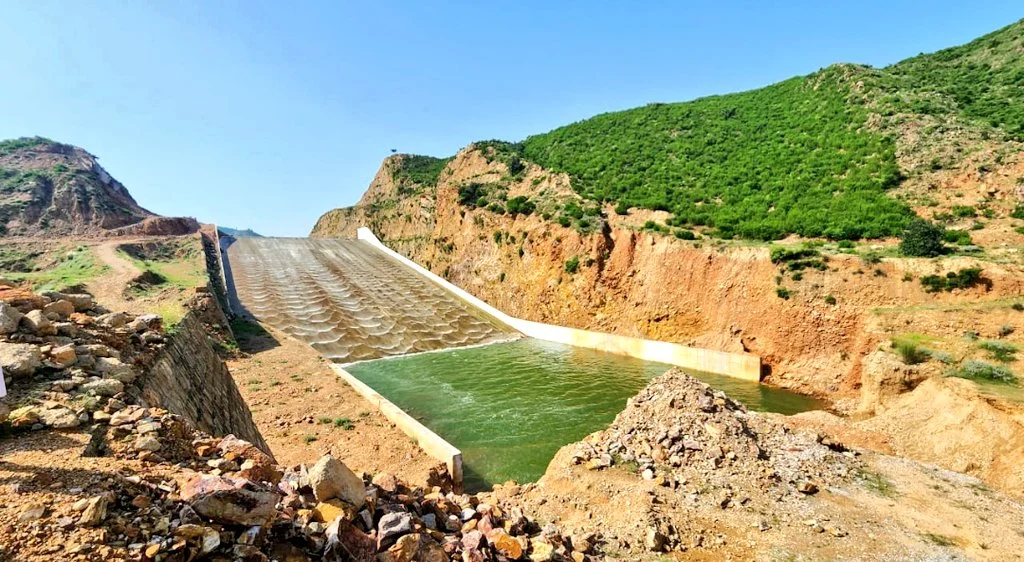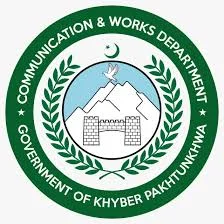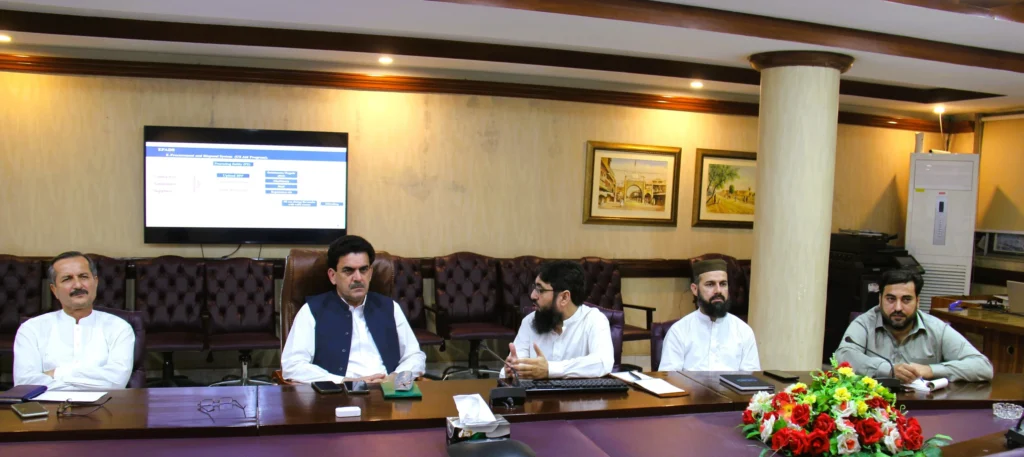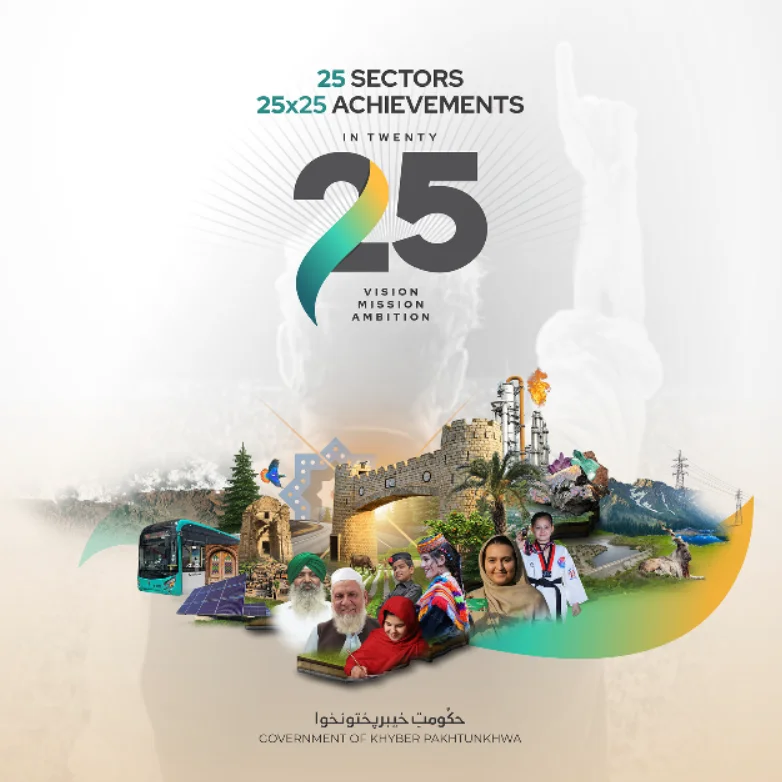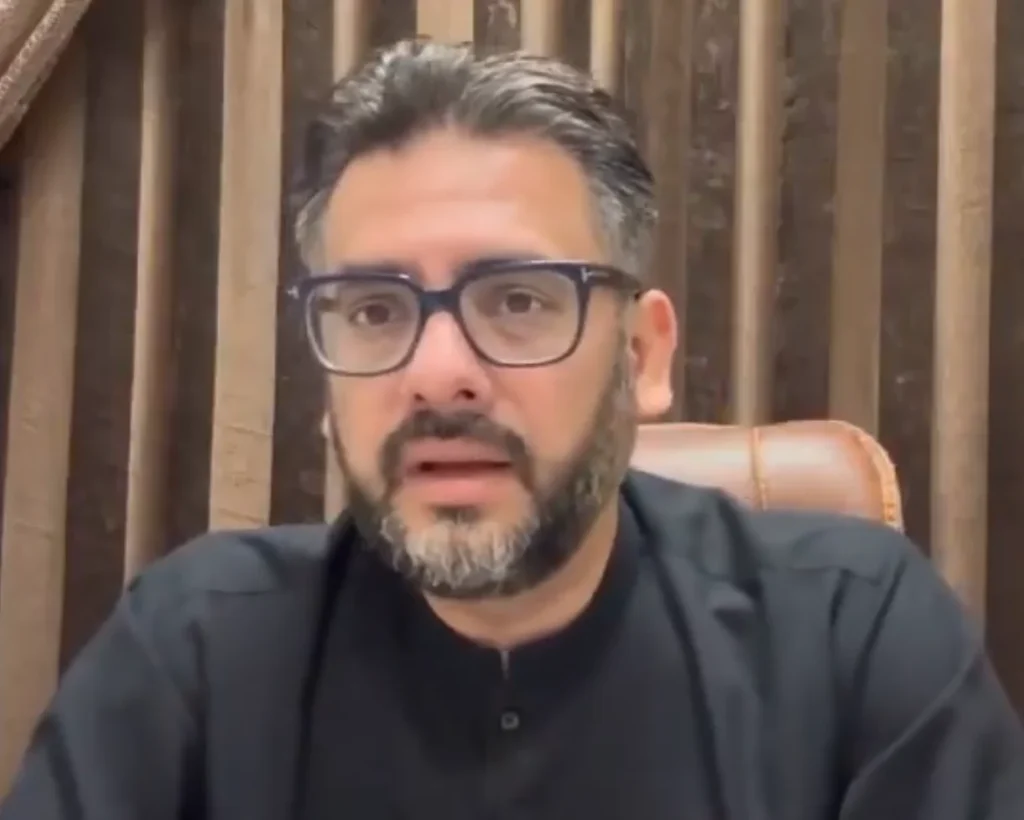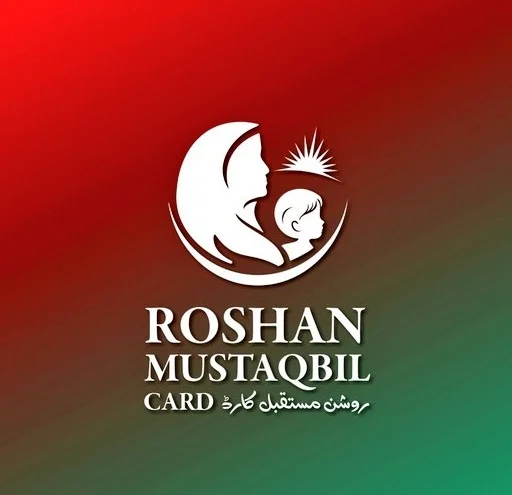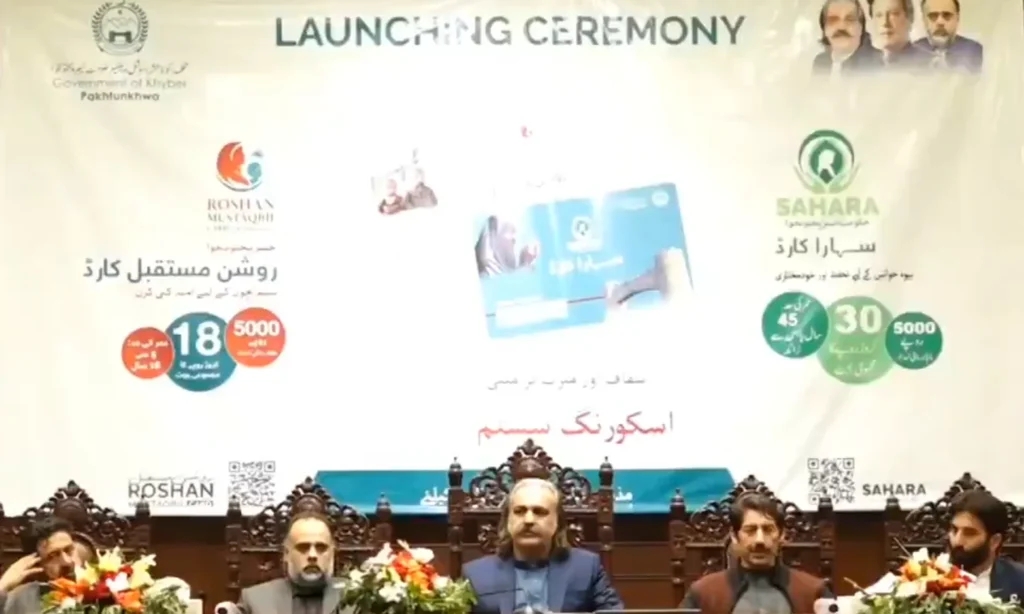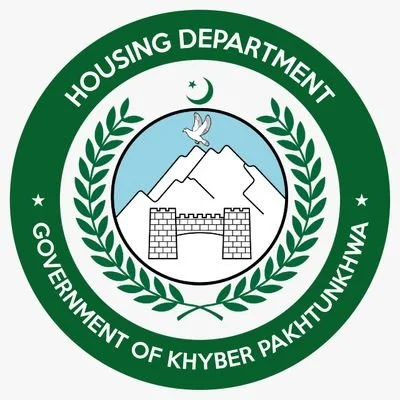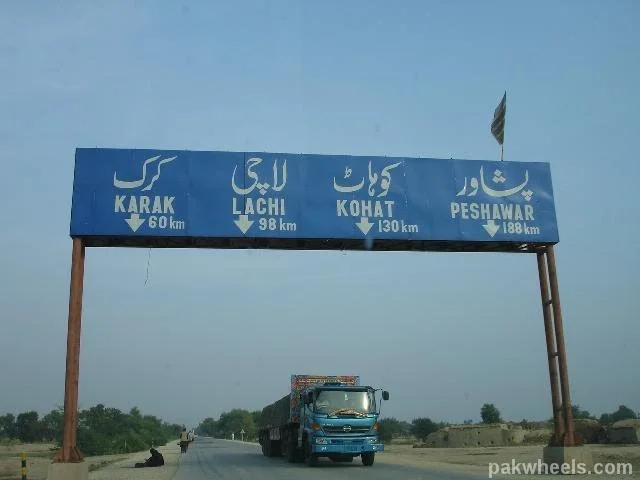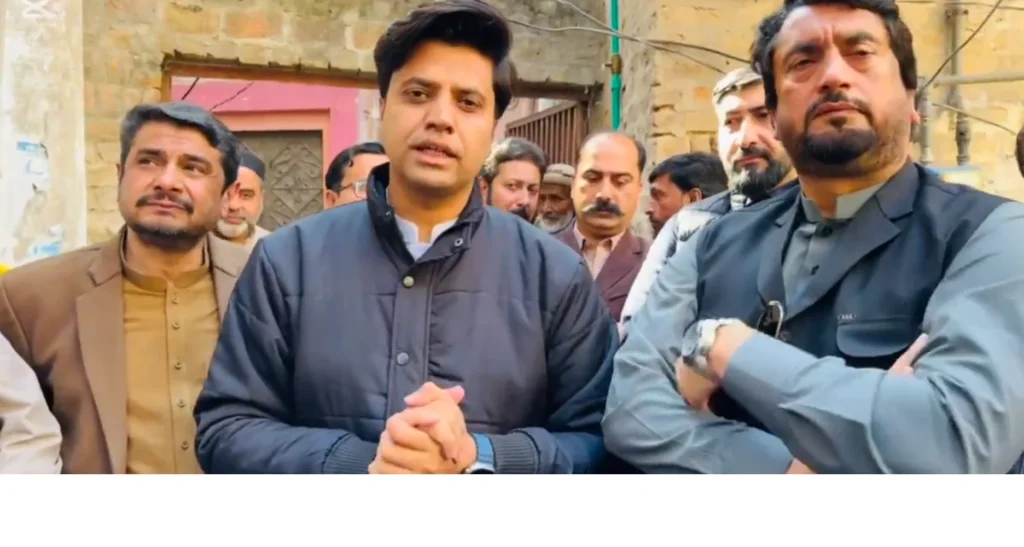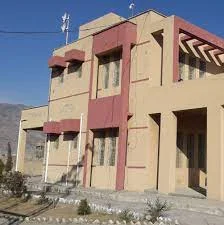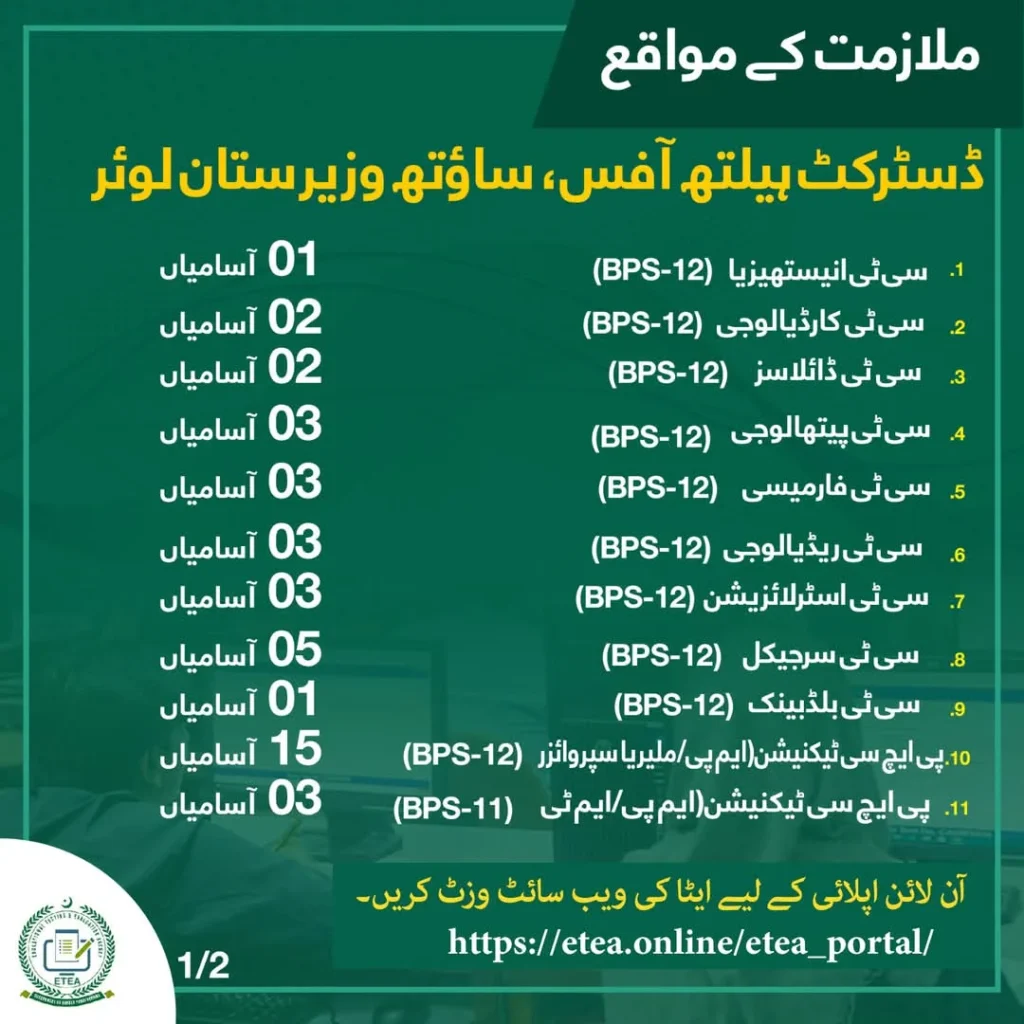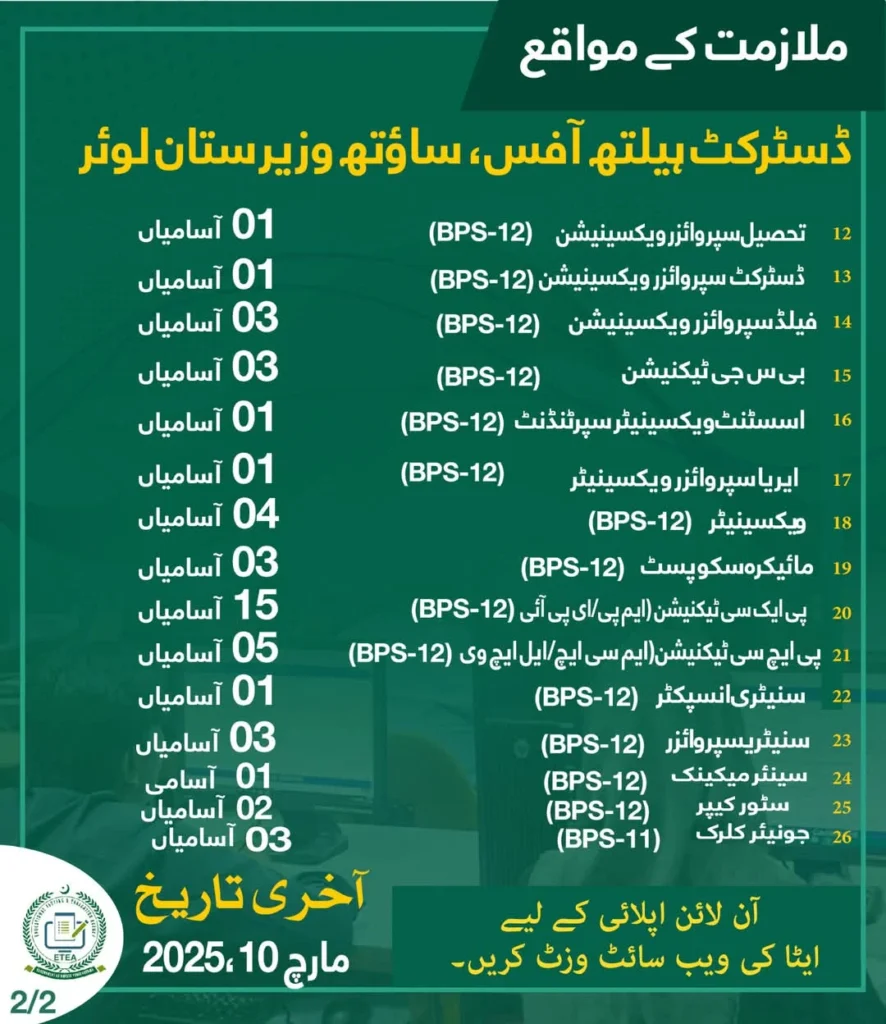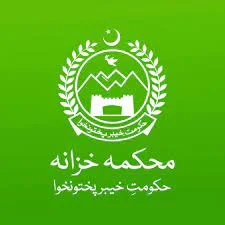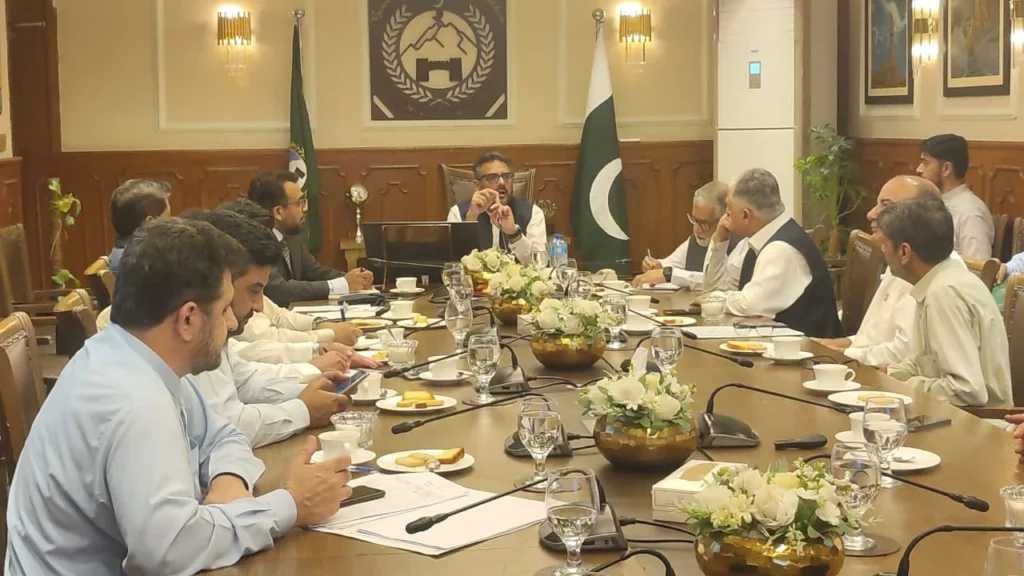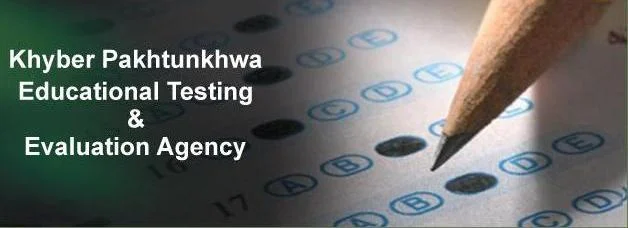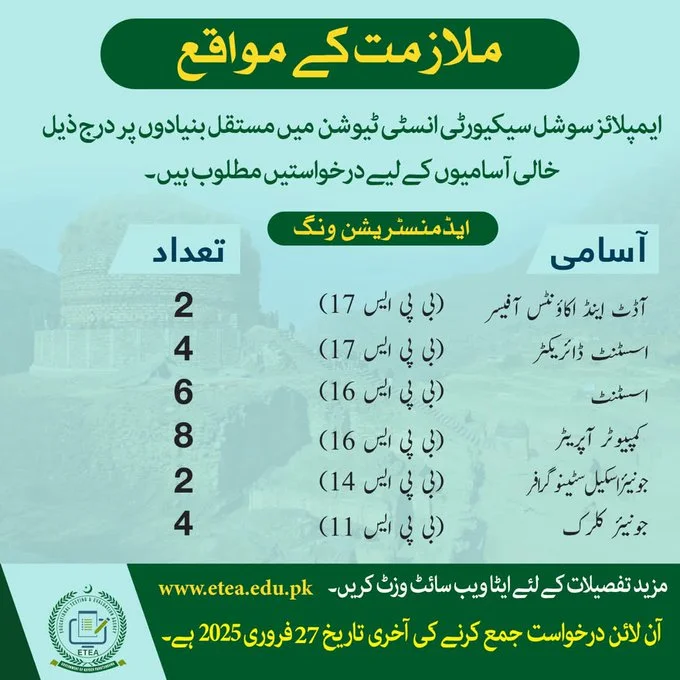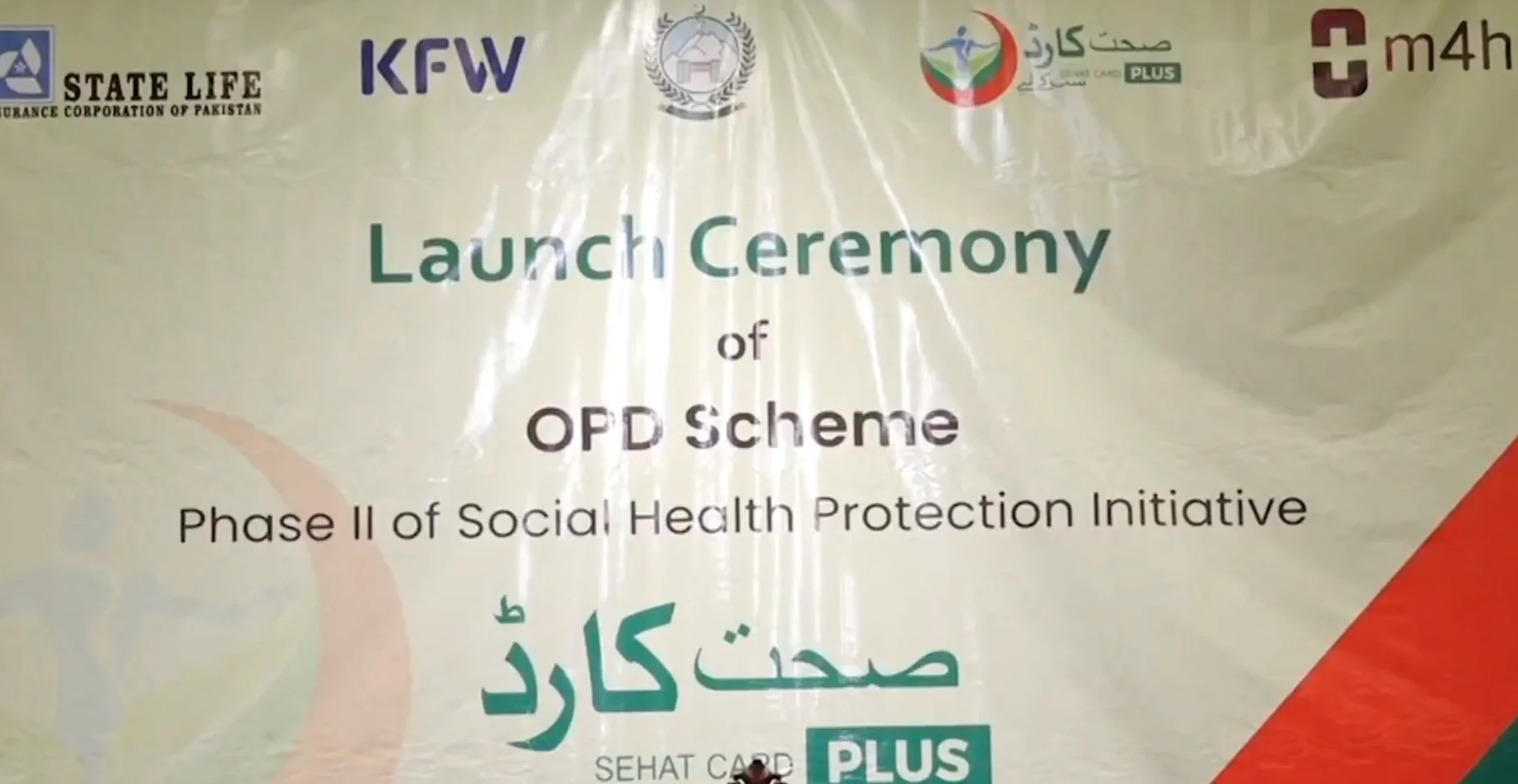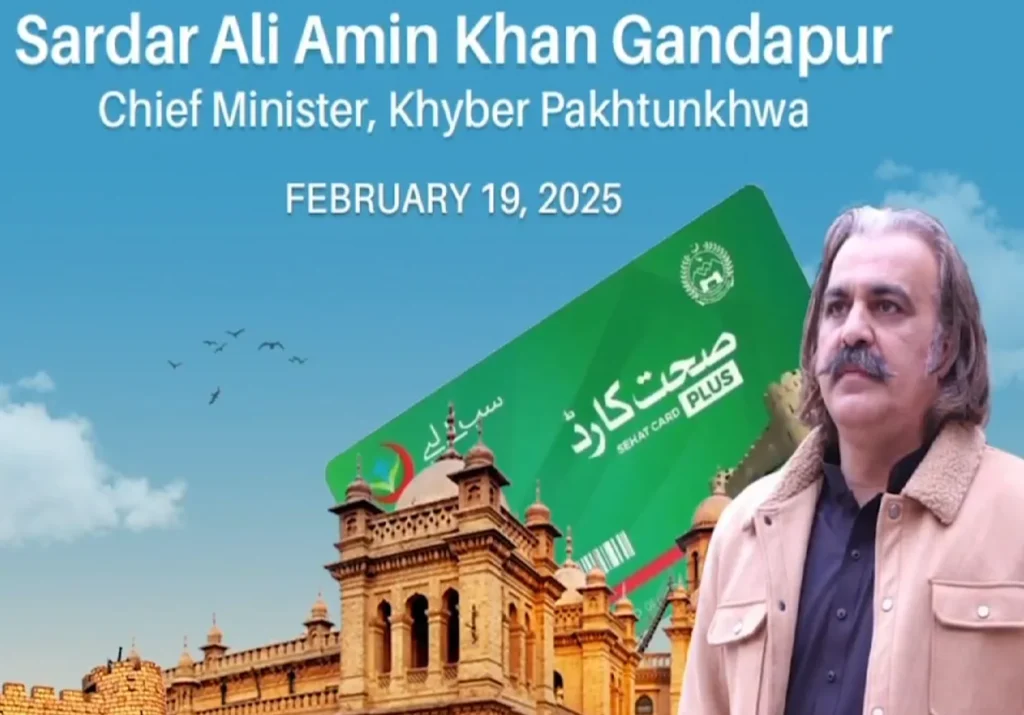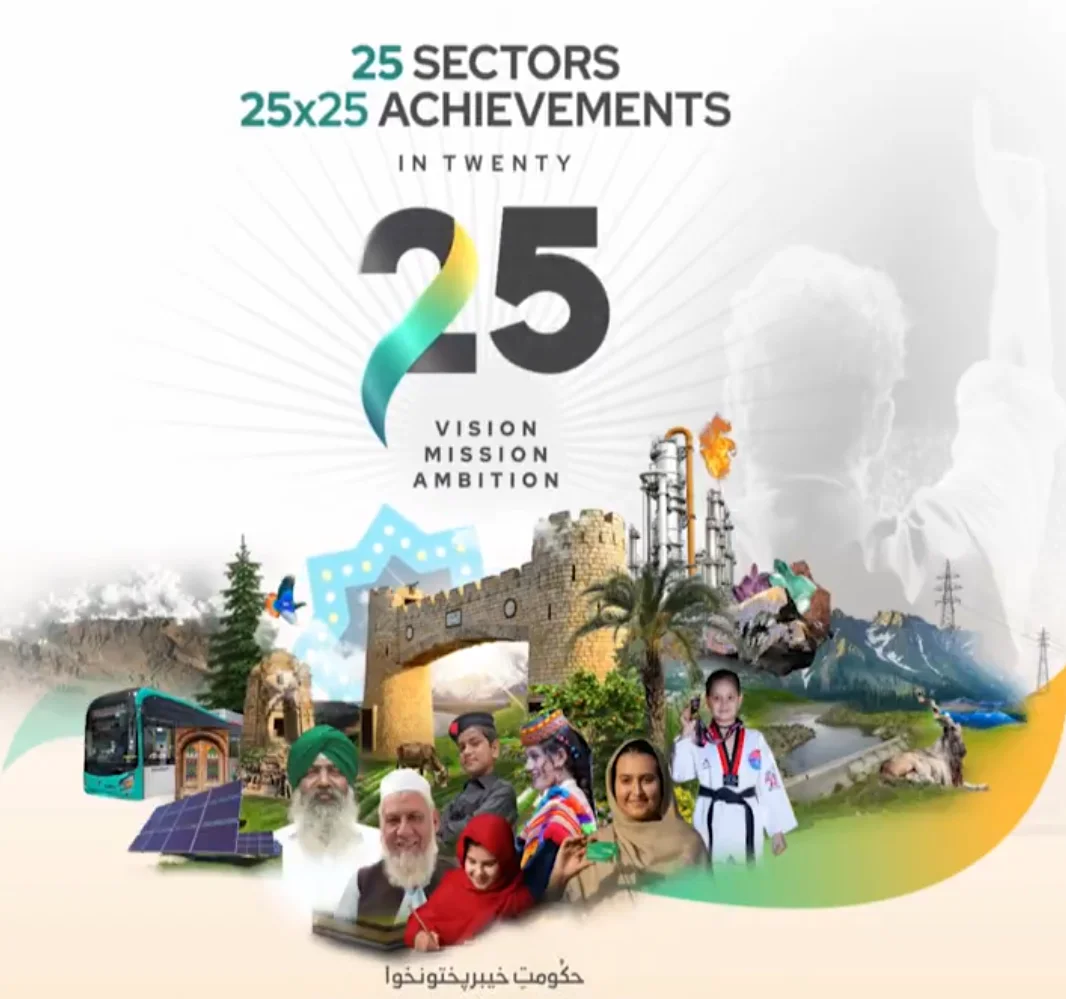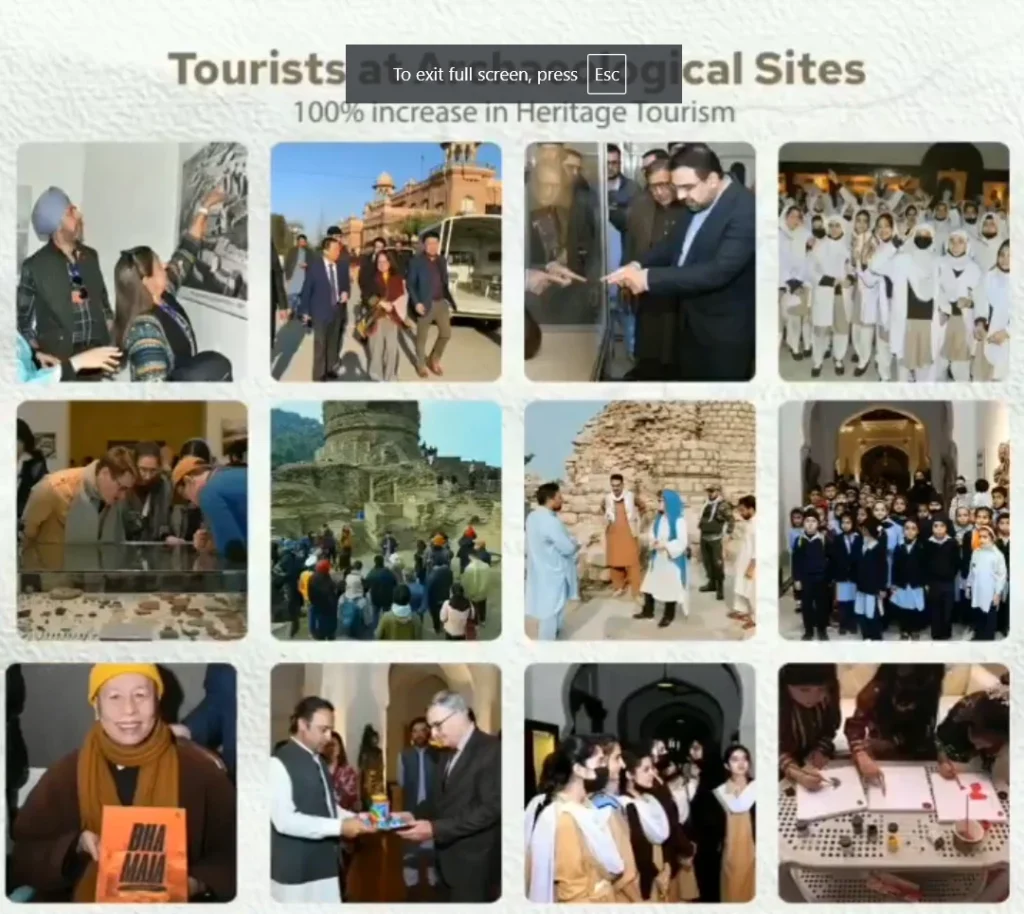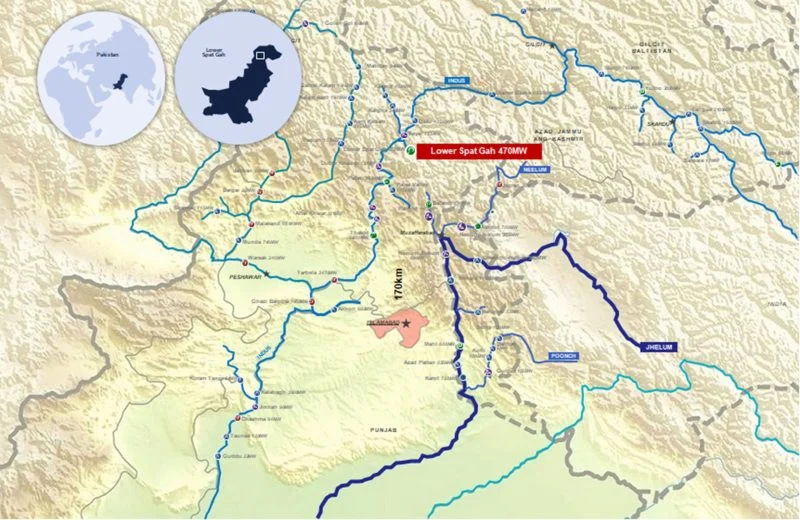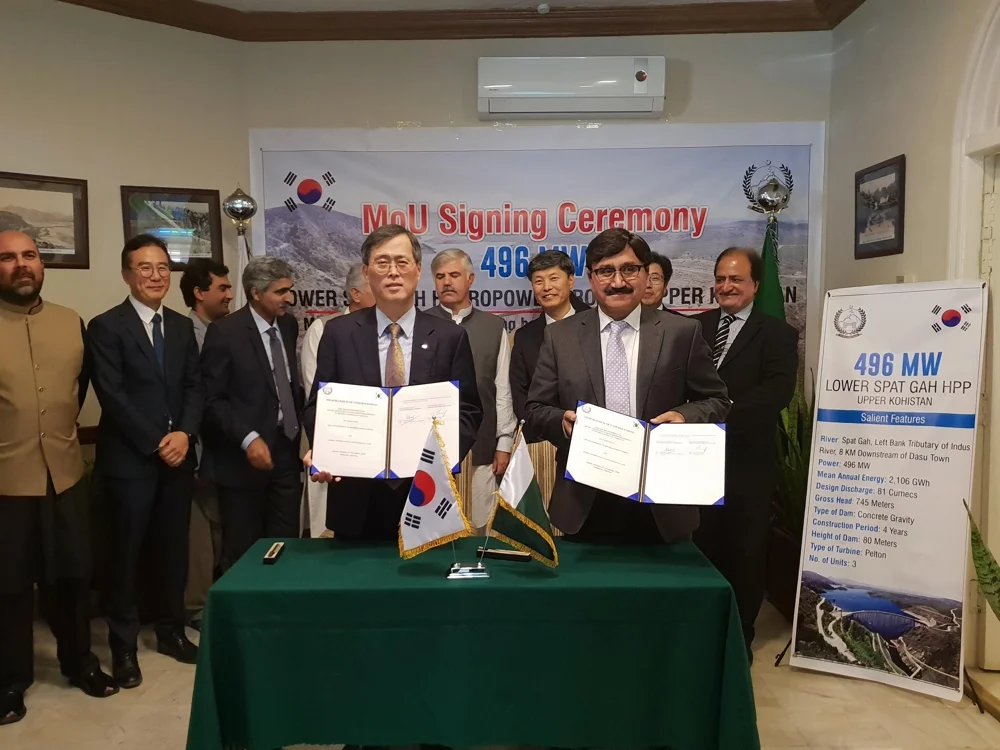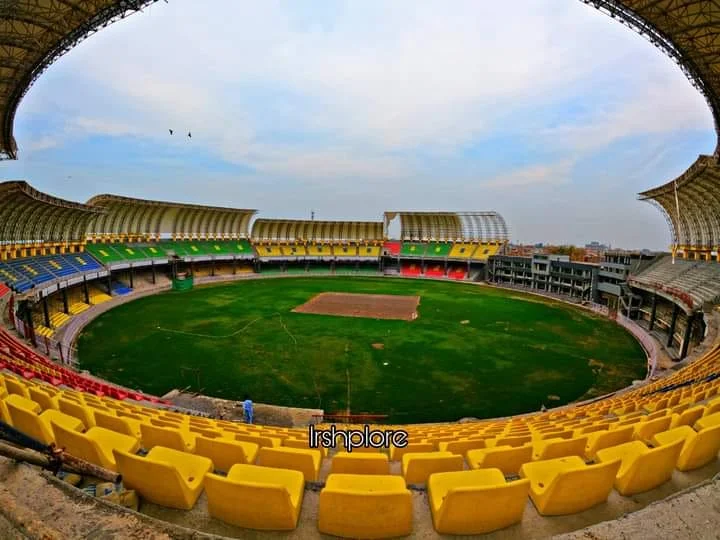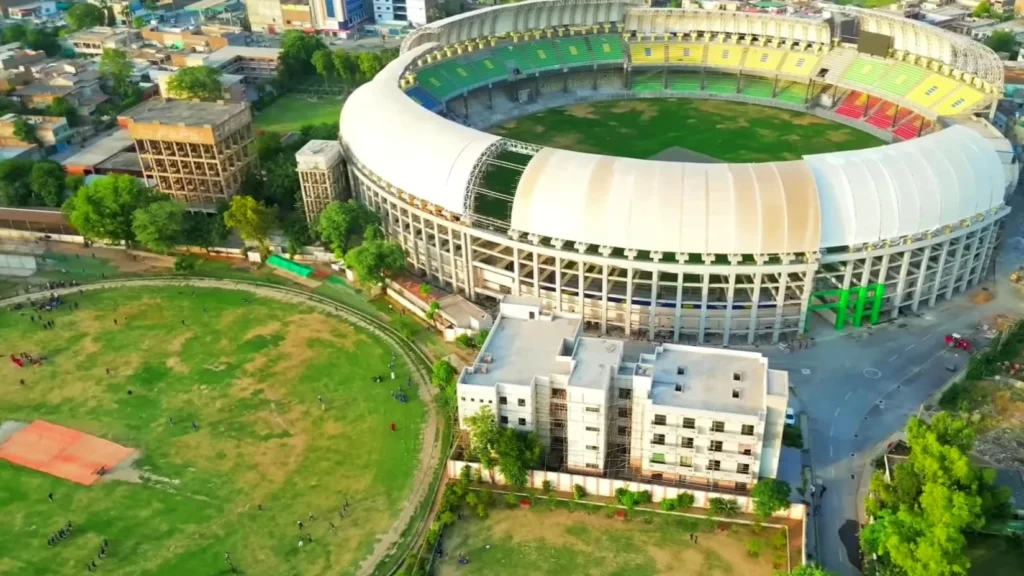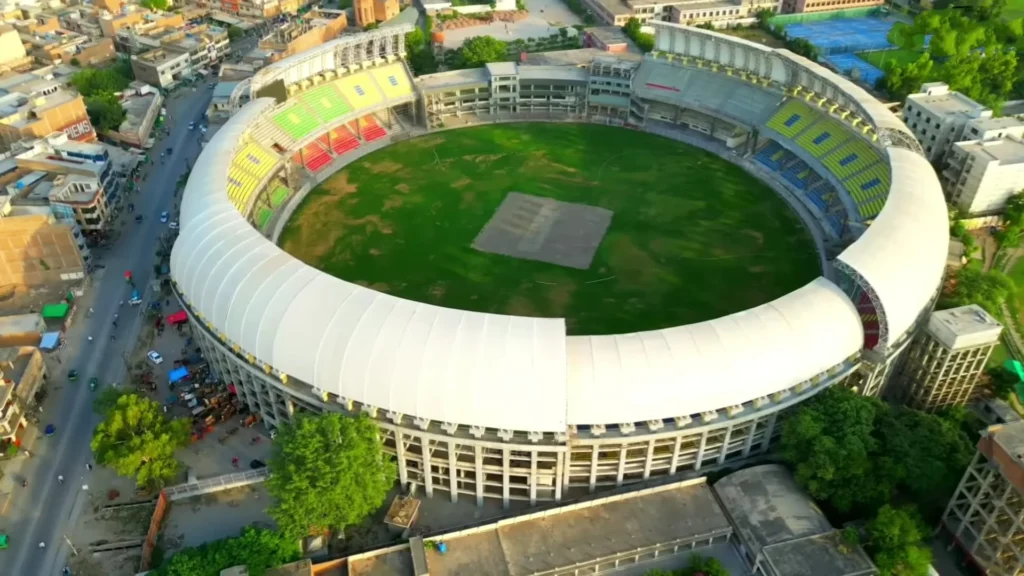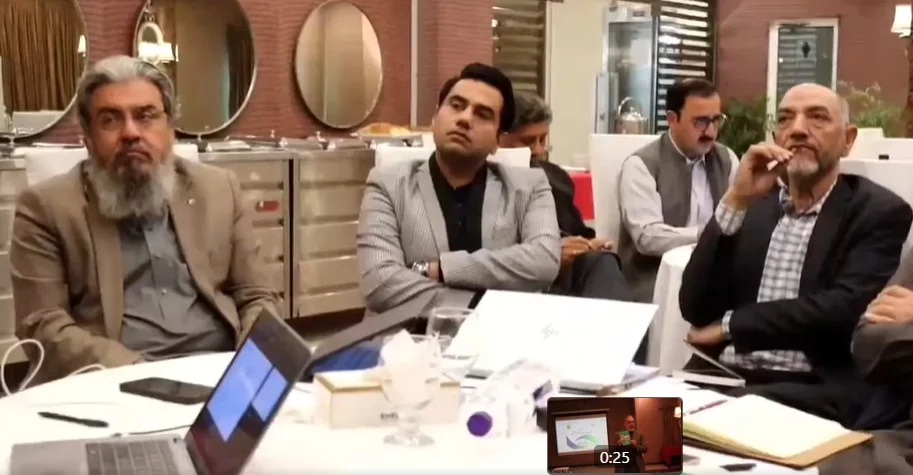In a major step toward realizing Imran Khan’s Digital Pakistan vision, the Khyber Pakhtunkhwa (KP) government, under the leadership of Chief Minister Ali Amin Gandapur, has announced groundbreaking initiatives (KP Innovation Hub Launch) to promote technology, education, and youth empowerment.
These efforts aim to transform KP into a hub of innovation, providing young entrepreneurs and tech enthusiasts with state-of-the-art facilities and opportunities.

KP Innovation Hub: A Game-Changer for Tech & Startups
One of the most exciting developments is the establishment of the KP Innovation Hub at the University of Peshawar.
This hub will be a cutting-edge facility designed to foster creativity, collaboration, and business growth.
Key Features of the KP Innovation Hub:
✔ 22 Private Offices – Dedicated workspaces for startups and IT firms.
✔ 2 Large Event Halls – For seminars, workshops, and networking events.
✔ Conference & Board Rooms – Professional spaces for meetings and strategy sessions.
✔ Co-Working Spaces – Flexible work environments for freelancers and entrepreneurs.
✔ Incubation Center – Supporting new startups with mentorship and resources.
By utilizing an existing building at the university, the project is cost-effective and expected to generate PKR 6 crore annually in revenue.
Who Will Benefit?
- Students – Gaining hands-on experience in tech and business.
- Freelancers – Accessing high-quality workspaces and tools.
- Startups & IT Companies – Networking and scaling their businesses.
- Online Entrepreneurs – Leveraging digital tools for growth.
Digital Connect Centers: Bringing Tech to Every Division
To ensure equal opportunities across KP, the government has approved Digital Connect Centers in every division. These centers will provide:
- IT Parks – Spaces for tech-driven businesses.
- Co-Working Labs – Collaborative environments for innovation.
- Computer Labs – Equipped with the latest technology for skill development.
Initially, these centers will operate in rented buildings, with plans to expand based on demand.
Why This Matters for KP’s Future?
- Youth Empowerment – Creating jobs and skill-building opportunities.
- Digital Transformation – Modernizing education and business sectors.
- Economic Growth – Encouraging startups and IT investments.
- Equal Access – Ensuring students and entrepreneurs in remote areas benefit from tech advancements.
Next Steps: Expanding the Digital Ecosystem
After the success of the KP Innovation Hub Launch, similar centers will be launched in other universities across KP. The goal is to make the entire province a leader in Pakistan’s digital revolution.
Conclusion:
Under CM Ali Amin Gandapur’s leadership, KP is taking bold steps toward a tech-driven future.
By investing in innovation hubs, digital centers, and youth development, the government is paving the way for a brighter, more prosperous Khyber Pakhtunkhwa.
This initiative aligns perfectly with Imran Khan’s Digital Pakistan dream, ensuring that KP becomes a model for technology, education, and economic growth.




